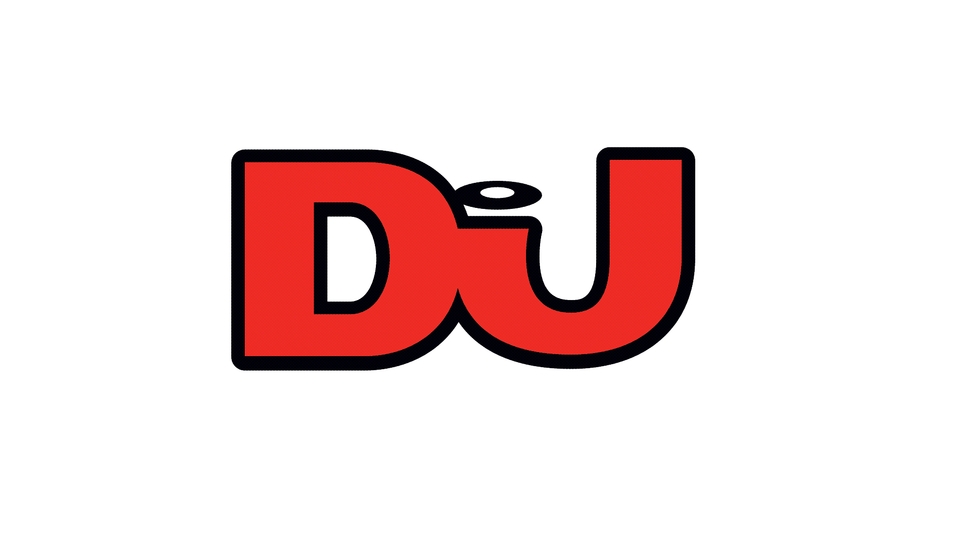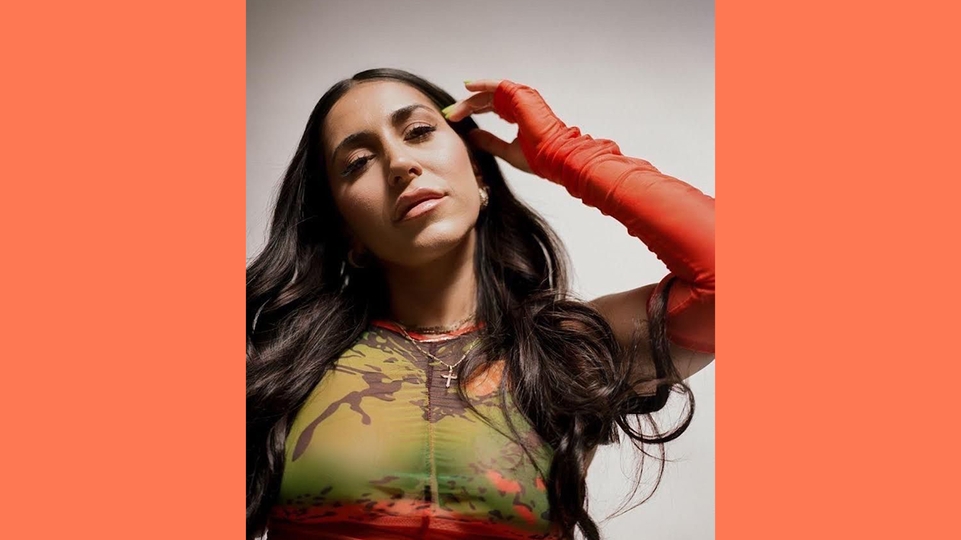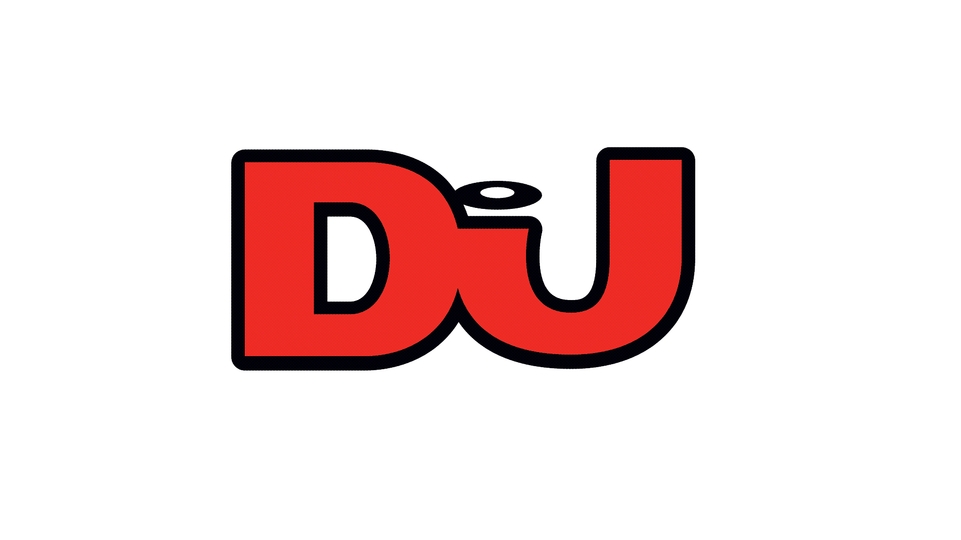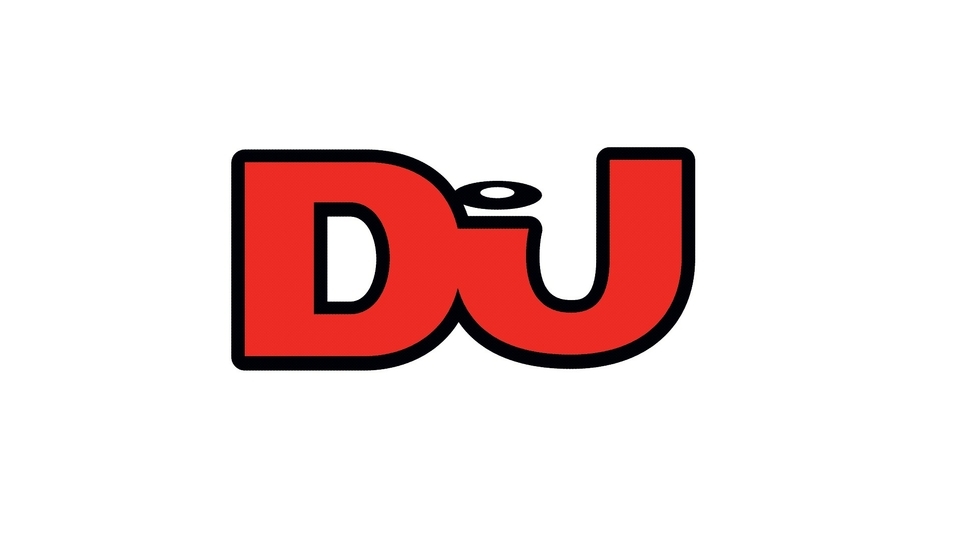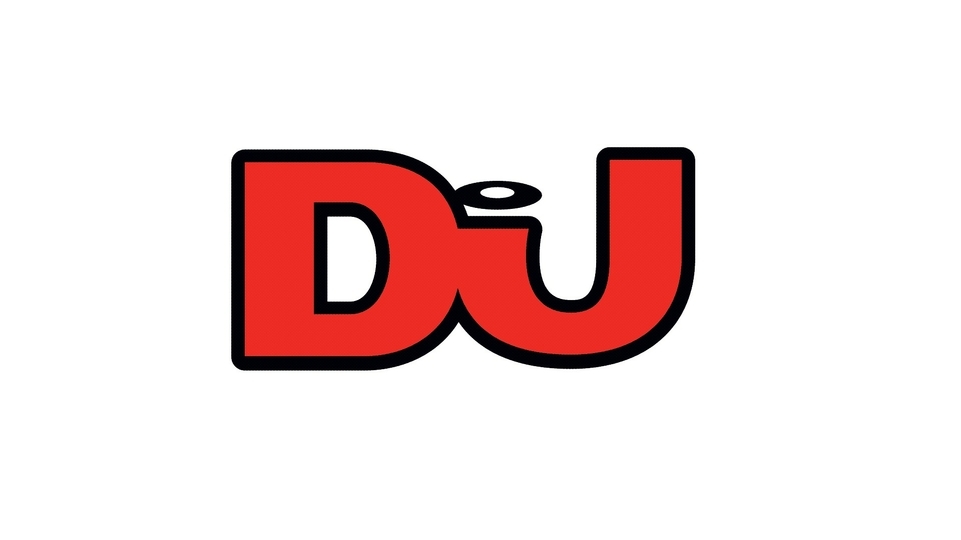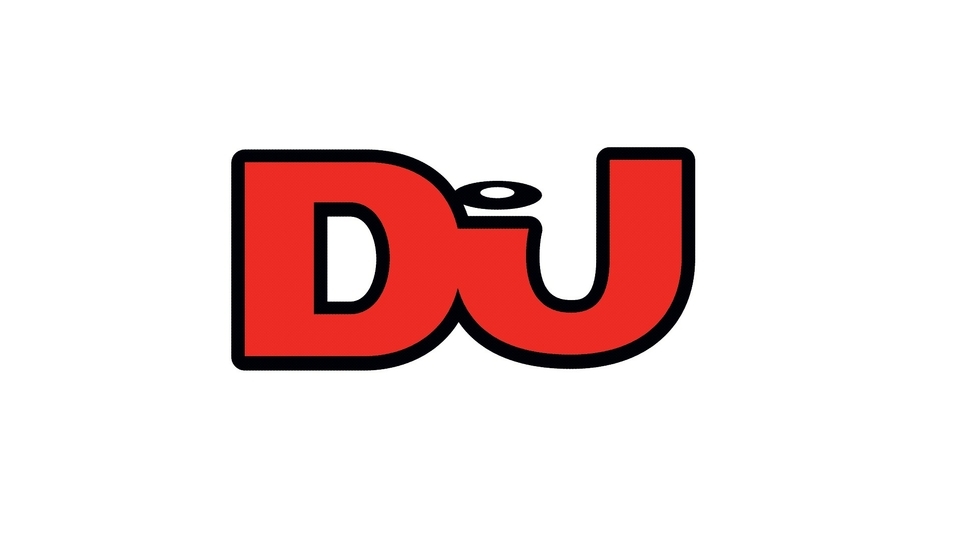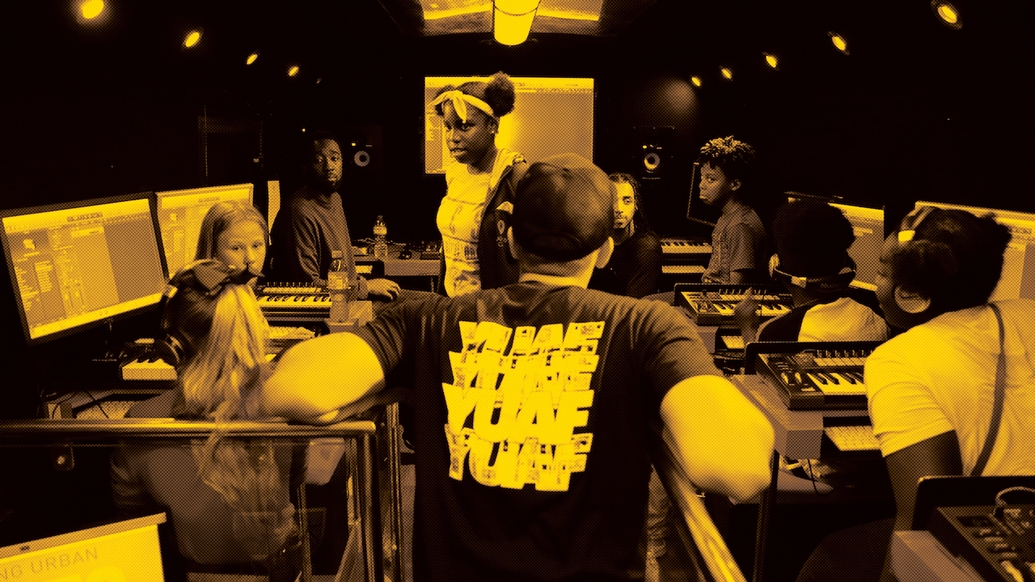
Grassroots action: how Young Urban Arts Foundation are helping young people through creative pursuits
DJ Mag speaks to Young Urban Arts Foundation about their vital work using music and the arts to help young people from hard-to-reach areas
“I can never understand what someone can get out of hurting another with a word or an object / I never knew at a small age what racism was, until we started noticing our skin colours.”
These are the opening lines of ‘Harm. For what?’, a new spoken word piece by a young poet called Atlanta. It’s a short but powerful piece about dealing with racism as a young person. “It’s fists and swords out there, shields are too heavy for us to carry out our door / The only defense for us is to fear and hide, or equip, which causes a misunderstanding,” she continues. “It’s good to be safe but it’s amazing to be yourself.”
Atlanta is one of the thousands of young people who have been guided in the creative process by Young Urban Arts Foundation. Since 2009, the UK charity has hosted creative arts workshops for young people from deprived areas, and provided support for those affected by all the extra challenges and stresses brought about by poverty — increased struggles with mental health, exposure to violent crime or abuse, and difficulty finding jobs.
Having worked through a decade of austerity and cuts to funding and vital public services, YUAF’s founder, Kerry O’Brien, aka Lady MC, says the situation in these communities has got progressively worse year on year, making the foundation’s work more important than ever. Mental health has always been top of the agenda for YUAF. Kerry knows from experience the damaging effects of unresolved childhood trauma, but also the emotional healing offered by the creative arts. In her case, she found an escape in drum & bass and has had a successful career in the genre as Lady MC, going on to win the Stevie Hyper D Lifetime Achievement Award at the Drum & Bass Awards earlier this year.
“A few years ago there was more awareness around mental health, and lots of funders started to change their priorities to fund more organisations that were focused around wellbeing and mental health,” she explains. “But the local authorities and the government, they just didn’t adjust. They threw money into mental health institutes, but that wasn’t hitting the grassroots.
“If we refer a young person to CAMHS [Child and Adolescent Mental Health Services], they will not get a counsellor for a minimum of six months, unless they’re saying they’re about to kill themselves,” Kerry continues. “There are many beautiful mental health youth organisations and services that are independently run, or run by grants a bit like us, that are doing amazing work. So I’m not saying it’s not out there, but there is such a need for it.”

“We create a safe space for young people to release, to express and to connect. When we start to identify their needs, their aspirations and their challenges, we’re then in a much stronger position to help them” — Kerry O'Brien, aka Lady MC (middle-left)
Kerry points to the close link between mental health and employment. “If you and I went to go for a job interview and we had high levels of anxiety, even as adults, are we gonna get that job? Probably not. We might not even go to the interview because of our anxiety. Are we too depressed to even get out of bed and get ourselves ready for it, or is our self worth so low that we don’t believe we’re gonna get a job anyway, so what’s the point?” she says. “When you’re in a job you’ve got more confidence, you’ve got income, you can provide for yourself, you can provide for your family, you can build skills.”
This year, YUAF launched a new scheme called Pathways, aimed at helping young people progress through external professional guidance. Based on their interactions with young people, YUAF identifies interests or career aspirations, or issues such as mental health or abuse. The Pathways service then uses YUAF’s extensive network to source opportunities with businesses or connect young people with services that can help them heal and grow.
Kerry says one of the problems she’s seen the biggest increase in is gang grooming and child exploitation. Groomers target vulnerable young people — those suffering from poverty, living in care or with dysfunctional families — offering them gifts like food and clothing. The young people are quickly trapped in a cycle of debt and forced or lured into criminal activities, and are often smuggled away to other areas of the UK, completely cut off from their families and caregivers. YUAF can refer young people to a number of charities (such as St Giles Trust and Abianda) who work to help children caught up in gangs.
“What we do is we go out on the streets, engage them with these activities, identify the issues and try our best to build really strong relationships with them so that they can start to trust us,” explains Kerry. “We can then start to get them into such organisations that can do the deeper work.”
This initial engagement involves heading out to a deprived area once a week for an extended period, creating a consistency that’s key for the young people they help. On their well-known YUAF bus, which is packed out with studio equipment, the team offer workshops in everything from DJing and production, to rapping, song-writing, poetry and more.
“That’s the physical thing that we do to engage them, but on a more emotional side what we’re doing is we’re inviting them to tell their stories. We’re inviting them to get in touch with their emotions and their feelings; inviting them to, as a community, start to share their own experiences,” explains Kerry. “We create a safe space for young people to release, to express and to connect through that process. When we start to identify their needs, their aspirations and their challenges, we’re then in a much stronger position to help them.”


“YUAF has been the best thing I’ve ever done in my life. Many say it’s a charity but in my opinion it’s a family” — T-Jai (left)
As with most things, this work has been made dramatically more difficult by the COVID-19 pandemic. Deprived areas have been some of the hardest hit, and the UK lockdown prevented YUAF from getting into the communities for their all-important face-to-face contact. YUAF works with young people of all ethnicities. However, according to a government report published in June, people from a Black or minority ethnic groups are more likely to live in the country’s most income-deprived areas than those from white groups. A Public Health England report also found that COVID-19 diagnosis rates were highest among Black ethnic groups, and death rates from COVID-19 were highest among Black and Asian groups.
“A lot of [the young people we work with] are from the Black and ethnic minority groups,” says Kerry, “so they’ve either lost someone to COVID-19, or whether it’s COVID-19-related or not, they’ve had family members that have got ill that can’t go to hospital. There’s lots of our young people that were in lockdown, for example, potentially living with their abusers; living with families that couldn’t afford to pay for lunches — they were getting that at school; and young people that haven’t got any mobile devices, so they couldn’t even connect with us or anyone else. All this is more anxiety, more trauma, more unresolved emotions.”
YUAF was quick to react to the crisis, however. Throughout lockdown, their Amplified: Thrive & Connect series has provided fun, educational and inspirational videos via social media and YouTube — covering everything from writing haikus to making podcasts, staying fit with yoga and more general advice for getting through isolation. In May, interactive online courses (hosted via Zoom) were introduced to a great response, being fully booked up for three months running. Spots are still available for virtual courses — as part of a partnership with YRD, Digilearning Foundation, and the Rio Ferdinand Foundation — which include lyricism, filmmaking, cooking, leadership skills and more.
With the easing of lockdown comes a new plan too. “We’re not doing any online programmes for YUAF in August,” says Kerry, “but were gonna be in the parks — playing games, providing food, registering [people] with YUAF, registering them with the Pathways service, having discussions and facilitating conversations, so they can all start talking about how they’re feeling. And the bus is actually gonna be out every day in August as well.”
As part of their support for the Black Lives Matter movement, a new programme is also in the works, which will see guest educators teaching Black history — “the things that young people aren’t taught in school” — with the subject matter of each session then used as a basis for a creative project. “When it comes to supporting the Black community that we work with, it’s about empowering them and building their confidence through the creative process,” says Kerry. “Because without that, we’re not really going to empower them to believe that they can do more than what they’re told they can, or what societal racism has created that stands in their way.”
For T-Jai, a 16-year-old rapper and producer from Hackney, the Foundation has done just that. “YUAF has been the best thing I’ve ever done in my life. Many say it’s a charity but in my opinion it’s a family,” he tells us. T-Jai has been working regularly with the Foundation since early last year. He says their initial sessions as his youth club, followed by those on the bus, provided a sense of security. His teachers MC Angel and Mister Lees have continued to help him grow as an artist throughout lockdown. He’s now working on his debut album. “Kerry O’Brien, aka Lady MC, has been the heart of YUAF,” he continues. “She has taught me, especially, that no matter your past or lifestyle, you can be who you want to be.”
To find out more, donate, or register with the Young Urban Arts Foundation, go to yuaf.org
